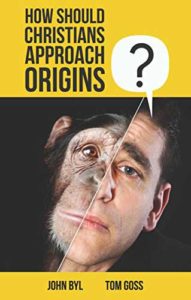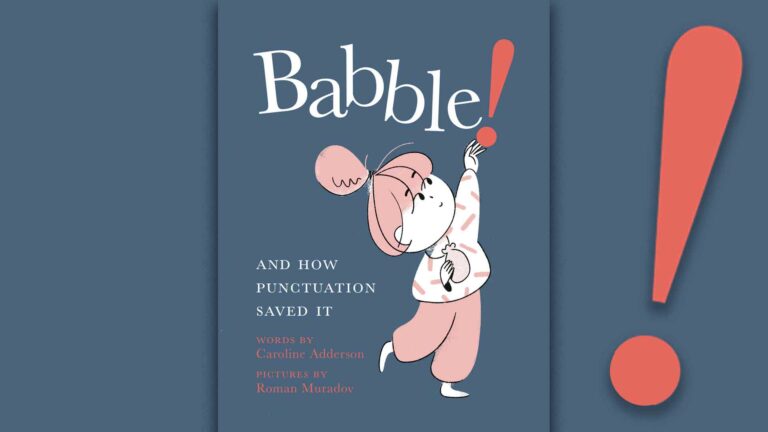Evolution is just a theory.
Then again, so is gravity.
– as seen on a t-shirt.
Is the theory of evolution like the theory of gravity? How are they different? This is just one of the topics that professors John Byl and Tom Goss cover in their book, How Should Christians Approach Origins? In this excerpt they
note that there are two very different sorts of science happening here.
*****
It is sometimes argued that it is inconsistent to use modern medicine and technology origins while rejecting evolution, since both are products of mainstream science. However, we must be careful to distinguish between two types of science: operational science and historical science.
- OPERATIONAL SCIENCE is the experimental science done in the lab or in the field. It investigates repeatable events in the present. This concerns most of physics, chemistry, and biology, as well as observational geology, astronomy, and the like. It gives us all the science needed for technology, such as in developing smartphones, satellites, cars, planes, cures for diseases, and so on. It studies the present material reality and how it normally functions.
- HISTORICAL SCIENCE, on the other hand, is concerned with extrapolating from present observations to the distant, unobserved, and unrepeatable past. This includes various theories and explanations in archaeology, cosmology, historical geology, paleontology, biological evolutionary development, and so on.
These two types of science differ significantly:
- Operational science aims to discover the universal laws by which nature generally operates, whereas historical science aims to establish ancient conditions or past causes. Operational science explains present events by reference to general laws, whereas historical science explains present events in terms of presumed past events.
- Operational science calculates forward, deducing effects from causes, whereas historical science calculates backwards, inferring past causes from present clues. One problem here is that more than one possible historical cause can give rise to the same effect. For example, in a murder trial, the prosecution and defense may present very different historical scenarios to explain the material evidence.
- Operational science assumes methodological naturalism. Since it is concerned with what normally happens, in the absence of miracles, it is reasonable to consider only natural causes. Historical science, on the other hand, seeks to find what actually happened in the past. Constraining ourselves to natural causes amounts to metaphysical naturalism – the further assumption that no miracles have in fact happened in the past.¹
The well-known evolutionist Ernst Mayr acknowledged,
Evolutionary biology, in contrast with physics and chemistry, is a historical science – the evolutionist attempts to explain events and processes that have already taken place. Laws and experiments are inappropriate techniques for the explication of such events and processes. Instead one constructs a historical narrative, consisting of a tentative reconstruction of the particular scenario that led to the events one is trying to explain.²
In short, the scientific know-how needed to make smartphones is much better established than, say, the claim that humans evolved from [some chimp-like creature].
End notes
¹ Stephen Meyer, Signature in the Cell (New York: NY, HarperCollins, 2009), 150–172.
² Ernst Mayr, “Darwin’s Influence on Modern Thought.” Scientific American, November 24, 2009 (http://www.scientificamerican.com/article/darwins-influence-on-modern-thought/).
This excerpt reprint with permission. How Should Christians Approach Origins? can now be downloaded for free here.














